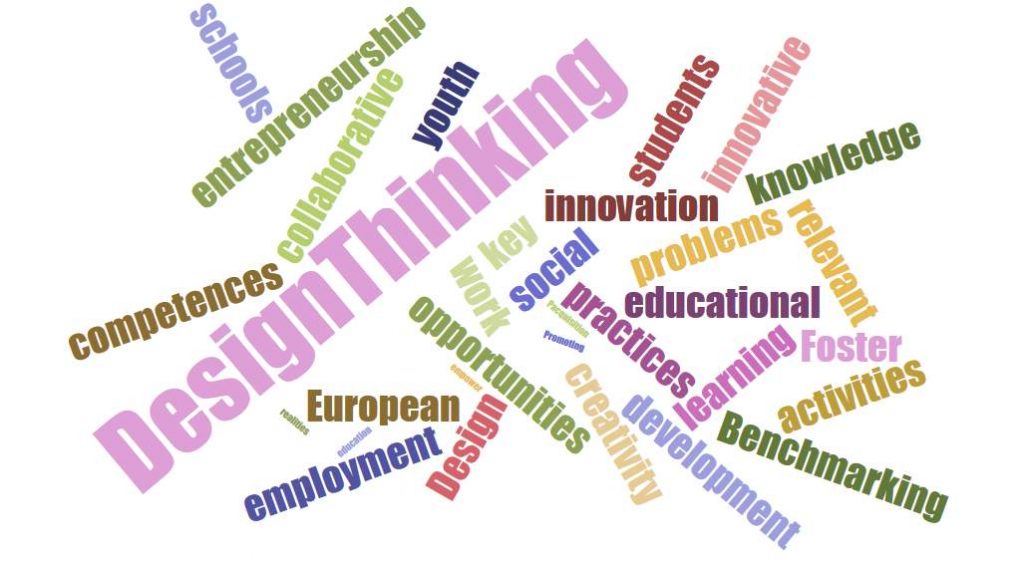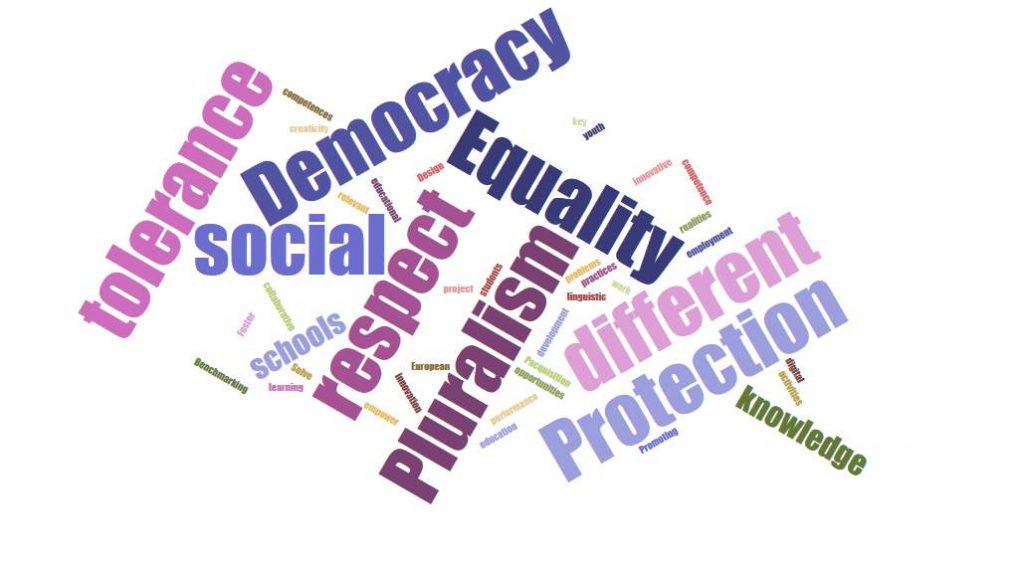
DesignThinking : Social Entrepreneurship between European Schools
Contributing to smart, sustained and inclusive growth is a great challenge, present and future, for Europe. The foundations of our project can be found in the European response to this situation, which had as its genesis the “Strategic Framework for European cooperation in the field of education and training” (ET 2020); the “Green Paper” or the “European program in favor of entrepreneurship”. In all of them, the search for solutions for the employability of the group or group of young people and the need to cooperate for the creation of a more social Europe is established as a priority.
Educational systems in general, and schools in particular, must be involved and incorporate those same challenges to contribute to “smart growth” and be able to fulfill one of the functions traditionally entrusted to them: contribute and promote development endogenous of its territory.
For this, the implementation of innovative practices and the implementation of joint initiatives to promote creativity, exchange of experiences and collaborative work at European level are essential. Hence, the vision of this project is to help young people to undertake. But from a social perspective or dimension, according to the principles that we gave ourselves, and with the values we share to build the current Europe. Collected, some of those who inspire this project, in the preamble to the Lisbon Treaty of 2007.
The partners agreed on the concern of many of the social problems that concern Europe and the World. We agree on the need to turn schools into problem solving factories based on the integration of Information Technologies. The needs detected by the partners, in the previous work, justify mission, vision, objectives and values.

VISION: Solve social problems through creativity, innovation and social entrepreneurship of our students.
MISION : Detect Social entrepreneurship opportunities from collaborative work between European schools
 Values and Principles
Values and Principles
1) Pluralism: respect and tolerance of what is different.
2) Equality between men and women.
3) Democracy and justice.
4) Solidarity: fight against social exclusion and protection of children.
5) Protection of the environment
OBJECTIVES OF THE PROJECT
A) Foster youth employment through social entrepreneurship.
Promoting education for entrepreneurship, in its social dimension, among young people. Detecting entrepreneurship opportunities by understanding the needs, objectives and mechanisms of the respective contexts surrounding the centers, translating social value into economic value.
Creating a network of social entrepreneurship stakeholders through the use of local contacts that each associated center has. Promoting interregional collaborative work through the creation of a communication network (IT) that can be perpetuated over time and that generates opportunities for the inclusion of young people as active participants in European economic and social life..
B) Design and apply innovative educational practices that make learning relevant.
Through a methodological change in the annual plans of the associated centers. Turning partner schools into dynamic agents of their environment propitiating the resolution of social problems and contributing to smart growth: with the “DesignThinking”; with problem-based learning; and with project work because it allows us to distribute our activities in content blocks that will be included in the action plans of the associated centers.
-Involving the families in all phases of the project. This involvement will be carried out through their participation in the activities, sharing the impacts of the project and creating channels that will allow them to continue cooperating with the centers in the future.
C) Apply Benchmarking to the realities of partner schools to address the transfer of knowledge.
Performing an analysis that allows to know the business situation of the respective realities that surround each specific center, to create tools that allow that linkage of the educational community with the local and international business environment.
Always looking for synergies that reinforce the links between education and training and the world of work.
D) Promote the acquisition of key competences through the development of activities that empower them.
Especially those related to entrepreneurship, social performance, digital knowledge and linguistic competence, given that English is the vehicular language of our project.